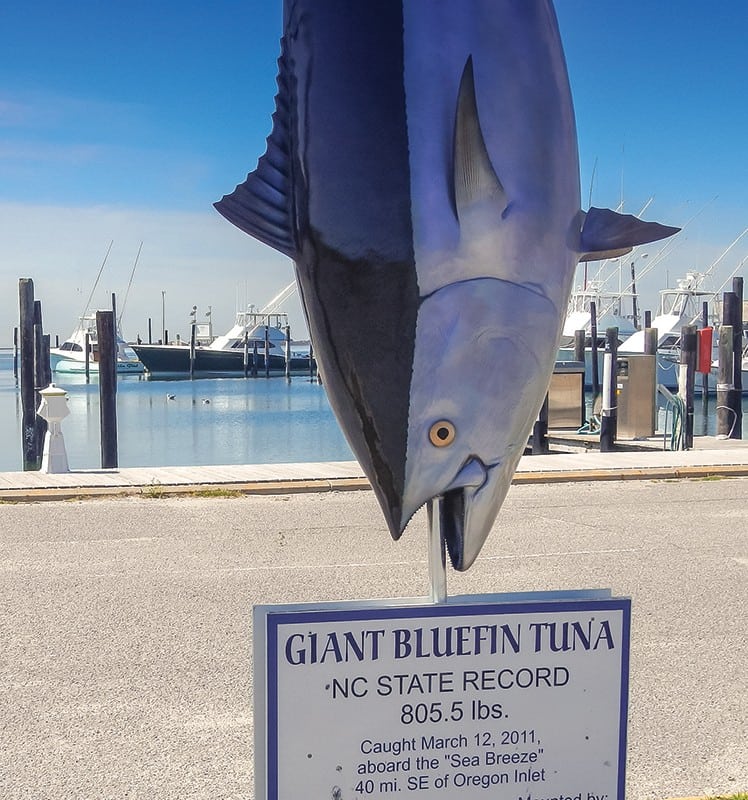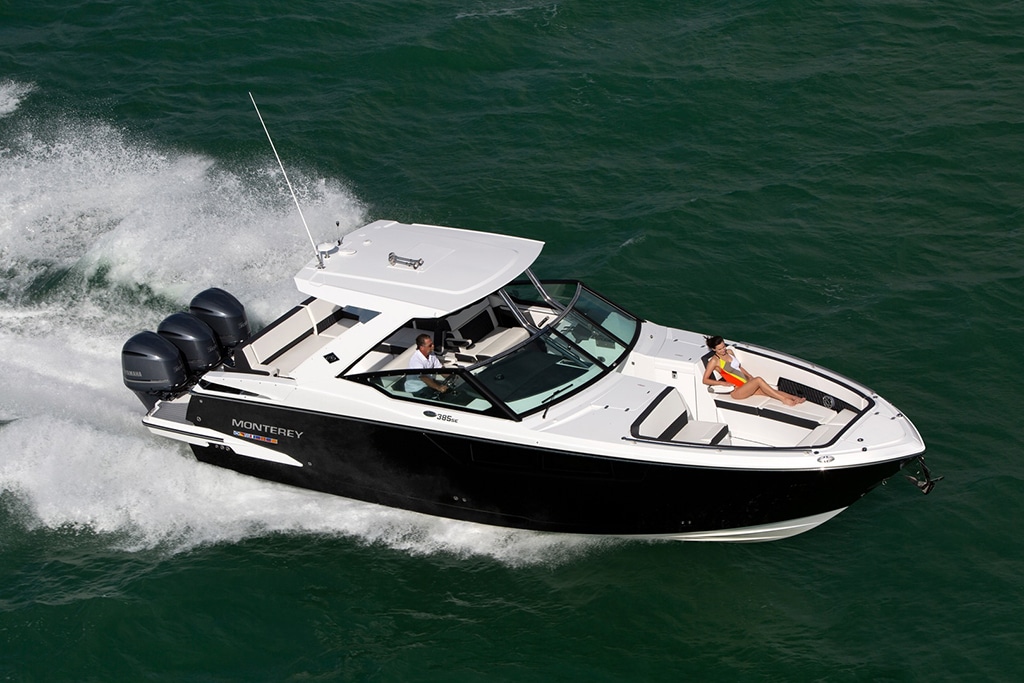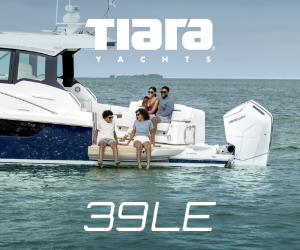Oregon Inlet bid process delayed
The bidding process for a 10-year contract to run the Oregon Inlet Fishing Center on North Carolina’s Outer Banks has reached a standstill. Mariners looking to use the Center should find business as usual this year, but that could change next year. The National Park Service granted the current operator a yearlong extension with plans to reevaluate the process. After 40 years of running the marina the board of the Fishing Center had to bid for a 10-year contract to operate the business, which was originally created in the 1960s by local charter boat captains. The Park Service is the owner of the facility within Cape Hatteras National Seashore on the north side of the inlet. The Park Service had extended the solicitation period for its prospectus. After reviewing one bid the service offered a contract, but it has not been signed. The bidding document included a requirement that insurance coverage would have to increase from $300,000 to $6 million. “The contract that they presented has quite a few differences in it than in the past,” said Kenneth Brown, vice president of the Fishing Center’s board. “We are in the process of trying to find a common ground with the Park Service to try to keep Oregon Inlet Fishing Center a viable business.”
Chesapeake Catch is a new online app that acts as a personal log to record your catch, post photos and help managers keep track of the Chesapeake Bay’s most popular fish—rockfish (striped bass), redfish (red drum), speckled trout, croaker, yellow perch, and shad. Chesapeake Catch is a local affiliate of Angler Action, which pioneered the system for collecting data from anglers to inform fishery management. The national project first launched in Florida with an app and website for recreational anglers to log data about snook catches. The data helped managers at the Florida Wildlife Commission to advance snook recovery in the state.
Chesapeake Catch is led by Bay area anglers to gather data so that natural resources personnel can make informed fisheries management decisions and policies, and it puts fishermen in touch with other local anglers to chat and to learn. “Anglers have a huge investment in good fisheries management, because we want more fish to catch for years to come,” said Ed Liccione, former chairman of the Coastal Conservation Association of Maryland. “Chesapeake Catch helps us track what we’re catching and connect with other anglers but also makes our catch count in decisions about conservation and management.”
Bill Goldsborough, Director of Fisheries, Chesapeake Bay Foundation, added, “Good data makes for good management, and both make for better fishing. We can all have a voice in better fisheries management with Chesapeake Catch, and I encourage all anglers who care about the future of fishing in Maryland to download the app.” Fishing guides, recreational fishing bloggers and other anglers involved in organizations such as the Maryland Sportsman Foundation, Alliance for the Chesapeake Bay, Environmental Defense Fund, and Maryland Saltwater Sportfishing Association participated in the working group behind Chesapeake Catch. Download it in iTunes or the Google Play store. chesapeakecatch.com
By Christopher Knauss, Southern Boating February 2015













